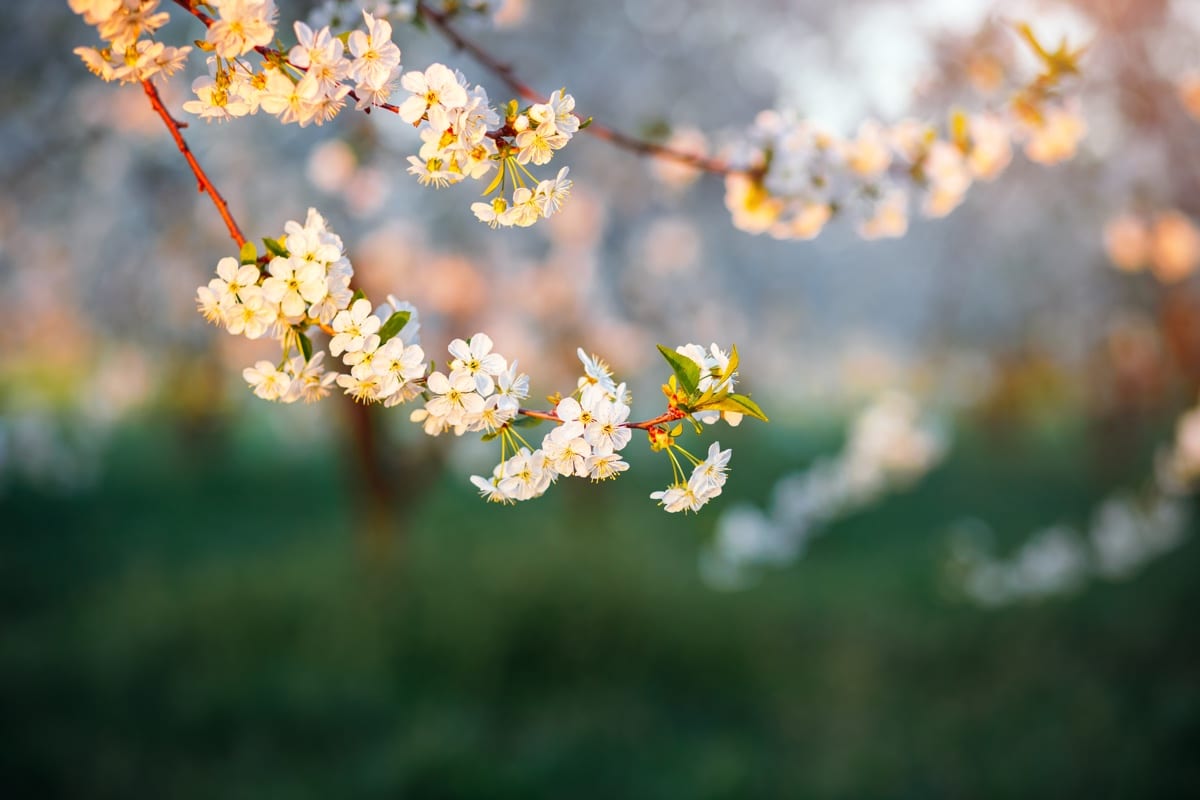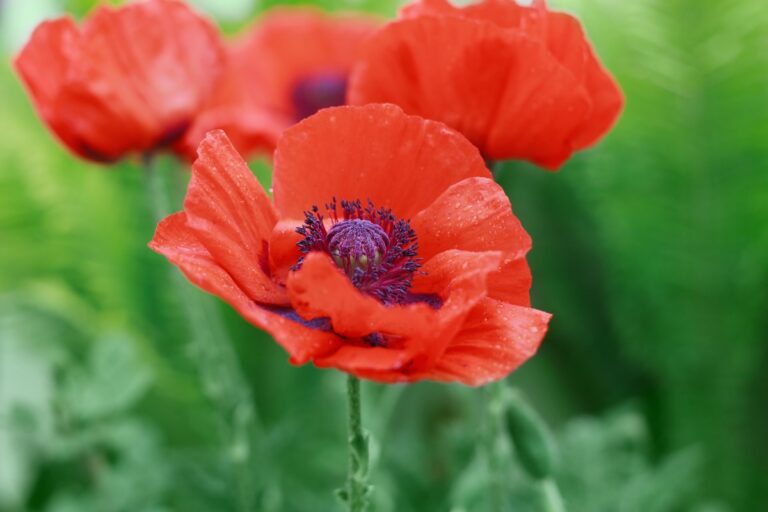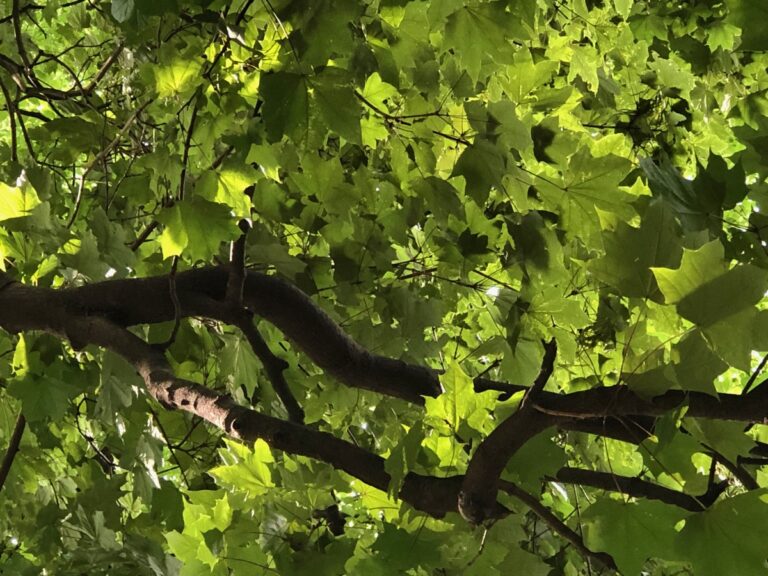May 2019 Audio Meditation
If you would like to have this audio meditation with photographs, here’s the youtube version:
Meditations, experiments, books and guided meditations to assist with nourishing spirituality, healing childhood wounds, and living more consciously.
Meditations, experiments, books and guided meditations to assist with nourishing spirituality, healing childhood wounds, and living more consciously.

If you would like to have this audio meditation with photographs, here’s the youtube version:

A friend sent me this quotation after a particularly violent and challenging week in American life and it touched into an awareness that’s been growing in me over recent years. There is so much suffering within our human family, so many acts of cruelty and violence around the world, and we are aware of so much more of it with the Internet. Because of this, it can be hard to remember wholeness, the wholeness inherent in our human family, when we see so many examples of how we, as a species, are capable of hurting one another.
I was very moved by the quotation from Howard Zinn and wanted to share it as part of this week’s practice. I think that it not only inspires but it also speaks to a powerful and ever-present truth: within wholeness there is more than whatever aspect of it is in the foreground at any given moment in time.
Here’s the quotation: Read More “731st Week: Wholeness”

885th Week : Exploring Your Unique Energy SignatureThis practice continues with the theme of frequencies and their impact on the quality of our own being and of the collective family of lifeforms that are our earth-kin of every kind. One of the fundamental qualities about our beautiful planet is that it seeks to create, and thrives on, a magnificent array of diversity. We know that ecological systems that are the most diverse are also the healthiest and most robust. Within all kingdoms of nature and environments, we see diversity as a fundamental quality. In our human family, nature has expressed this creative impulse toward diversity in countless ways. We have diversity in skin color. We have diversity in facial features and body types. We have diversity in languages and cultural norms, diets, spiritual practices and everyday routines and activities, to mention just a few of the areas of human diversity.
One of the areas I have focused on exploring with humans in mind is the place of core presence that resides within the internal home base of every human being. It is the place in us where we touch into an inherent steadiness that is never disturbed. It is deeper than our conditioning and everyday reactivity. What we can also touch in this place of core presence is a sense of the energy that our presence radiates throughout our body-mind being and into the world around us in every moment. I think of this radiating presence as our unique energy signature.
My experience and belief are that life’s emphasis on diversity points to the fact that each one of us is a unique expression of life and that each one of us in an irreplaceable expression of that life. Our unique energy signature cannot be replicated by anyone else and it matters that we are here. Even though it’s hard to put into words, my experience is that life lives me rather than I live life.
Read More “885th Week : Exploring Your Unique Energy Signature”
This month, we expand the everyday relationships you have with the world around you. Imagine you go to a store–notice how it is to recognize that when you enter the store, you are immediately in relationship with it. You have joined the community of presences that comprises the store. Take a moment to offer gratitude and blessings to the store and to everything and everyone within it, acknowledging within yourself the inevitability of relatedness, of community, every time you move in and out of a particular space, be it a store, a park, a recreational environment, any building–anywhere at all…
Please remember never to listen to guided audio meditations while driving or using dangerous machinery.
If you’d rather see images of nature as you meditate, here’s link to the youtube version…

Sitting in Central Park the other morning, I did my usual thing of being there from the perspective of my heart intelligence and perception. I find that whenever I shift into my heart space as the center from which I perceive and interpret my world, I inevitably experience a deeper sense of connection, relatedness, oneness, and care for whatever I may encounter along the way. I have written many times about the importance of cultivating heart awareness, and of the benefits of doing practices such as HeartMath’s Inner Balance and the Buddhist heart-centered practice of Tonglen. The older I get, and the more involved I become with these kinds of practices, the more I value the benefits of shifting from head to heart perception. Read More “679th Week: Shifting into Your Heart’s Perspective”

As I’ve written about before, I’ve been noticing the tangible impact of practicing offering blessings as I move through the world. One of the most important is the ongoing practice of blessing water. Water carries memory, as demonstrated in the work of Masaru Emoto, where he looked at the crystalline structure of frozen water molecules before and after they were blessed, as well as when they were sent love, gratitude, hate, or “you’re a loser”. It’s quite compelling research and, in case you haven’t seen it, here’s a link to a YouTube video about water and memory: https://www.youtube.com/watch?v=eOp-bxNug5A. There are many other related videos, as well, if you are interested.
Many people don’t believe that water carries memory, or that it matters if water is blessed before taken into the body. Many of us forget that our bodies are up to 65% water and, when we take into account the images that come from Emoto’s work, we can better appreciate why blessing water is an important practice for our overall sense of well-being.
I am also a proponent of expressing a great deal of ongoing love and gratitude for my body, as it’s the means by which I’m here in the world. I include my awareness that the water in my body will carry my love and gratitude within it as it circulates. Whether it directly affects my body, I don’t really know but, even with the inevitable changes that come with aging, I know I feel better when I actively engage this practice.
Read More “765th Week: Blessing Water”
A while back, I listened to a book by Merlin Sheldrake, called “Entangled Life”. Sheldrake is a specialist in fungi and the book is an inspiring journey through all things fungal. He shares stories about how fungi participate in the “wood-wide web”, creating mycelial networks in collaboration with tree roots to support communication and access to nourishment under forest floors. He also describes the creative and truly inspiring research and development that are happening that use fungi to generate building materials and countless other products used by humans.
Listening to the book reminded me how important it is to find sources of inspiration that support an awareness that there is a much bigger picture unfolding than the one our daily lives encompasses. Given our current range of local and global crises, it can be challenging to access inspiration, possibility, and an awareness of potential creative solutions to so many problems we humans have generated and now must solve.
For this week’s practice in conscious living, I invite you to take a bit of time each day to orient your awareness to something that moves, enlivens, inspires, or fills you up in a positive way that I don’t know how to put into words for you. It may be something as simple as looking out the window and seeing a bird on a tree branch, as I just did. I’m on vacation out of the city and it was inspiring to see this bird standing on a branch in a beam of sunlight. It may be that you are reading a book that touches your heart and that reading just a few lines is a way to begin a new day with a sense of possibility, or with the feeling of a deeper connection in a way that nourishes you.
Read More “838th Week: Finding Inspiration in Troubling Times”